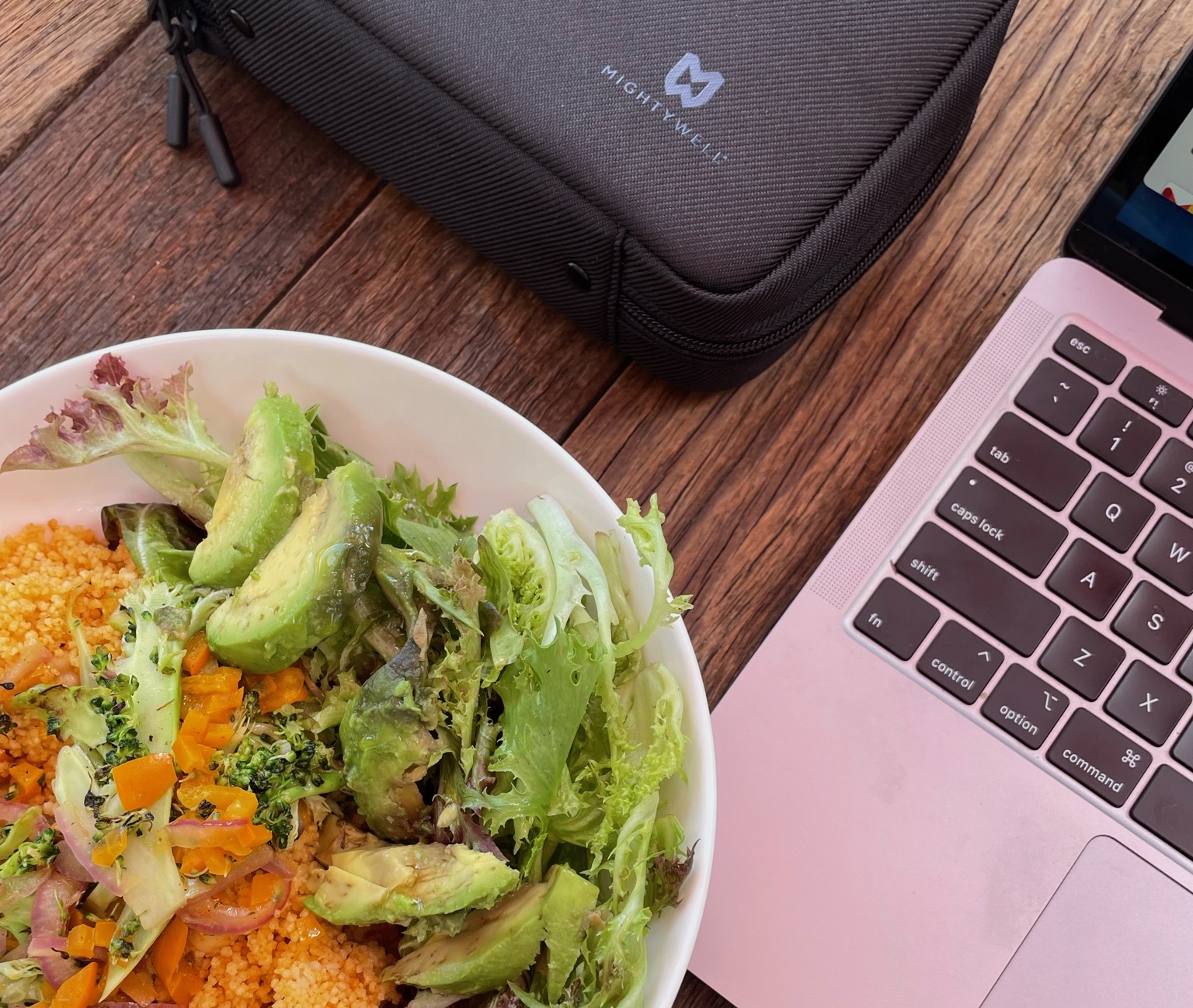Living in rural Vermont, I’ve always had a deep connection to the land. I love wandering through fields and forests, hiking mountains, and swimming in lakes. As my dad is an avid gardener, food was also tied to my love of the land.
In college, I fell in love with an old friend who was obsessed with food and, after reading The Omnivore’s Dilemma, made food systems his life’s passion.
I also became passionate about food sourcing. I cared deeply about conservation and climate change. I started eating organic and switched from buying the cheapest possible food to the more expensive organic options. My partner and I only bought meat if it was from local farms and organic, free-range, grass-fed, cage-free… also very expensive. I was spending a lot more money but believed in what I was doing.
But then, life happened.
I became lazy or maybe just tired. I spent thousands each year on medical bills, and, working part-time at a non-profit, I didn’t feel I could justify the amount we spent on food.
More than this, my relationship with nature was changing. As a youngster, I’d spent hours outside in the tall grasses of the wetland behind my house. But at age 11, I contracted Lyme disease at a summer camp outside Poughkeepsie, NY. Around that time, the symptoms I’d brushed off throughout my life seemed to change and grow until we couldn’t ignore them anymore. I started seeing more doctors and specialists, but as all tests were negative, it was deemed “just anxiety,” and we moved on. As an adult, trying to eat “right,” I finally got some answers. I had EDS, a genetic connective tissue disorder, POTS, MCAS, and potentially other comorbidities.
I had a reason why being in the garden made me feel so sick — heat worsened my POTS symptoms, the sun triggered mast cell flares, and the crouching hurt my joints. On top of this, Lyme had spread to Vermont, and I’d met enough chronic Lyme patients that spending days in the tick-infested grasses of my home felt more anxiety-inducing than relaxing.
And the final blow came when an elimination diet to determine my mast cell triggers clearly showed that fruits and vegetables were not making me healthy — they were the cause of my inability to absorb nutrients.
Turning it around
After a year or two of an existential crisis and eating a very limited diet, I could add some produce back in. I could eat duck eggs, chicken, and beef for protein. But the miraculous discovery was that I could only eat these things when they were organic and local. I react to pesticides. I respond to histamine released from processing, shipping, and storing foods until they are no longer fresh. So the very qualities I had once tried to support, the practices that were most beneficial to the natural world I loved, were now my answer to being able to eat the foods that made me so happy.
I am back on my dream diet. I am now eating organic, local produce, and get protein from sustainably, ethically raised chicken, beef, and duck eggs. I can eat bread, but only from the small, local bakeries that stick to a few safe ingredients. And I won’t deviate too much from this diet because my body will keep me in check.
I’ve also been working this year on finding ways to support my body in getting back outside. My hiking ability is not what it once was, but I can make it easier on my body with braces, compression gear, cooling supplies, sun hats, sunscreen, and good shoes. I go out in the morning and evening when the sun is low. I jump in the water whenever I can. And I’ve made tick checks, thorough showers, and protective clothing part of my routine, so I’m no longer as anxious about ticks.
Accessibility of food
I do want to acknowledge here, especially in this month when we’re exploring intersectionality in illness, that eating organic is not possible for everyone. Food deserts, food sensitivities, and financial constraints are very real. I feel so fortunate to live in a state with so many local farms and be financially secure enough to portion off so much for food.
Have dietary restrictions of your own? Let us know! We’d love to cook something up just for you!

